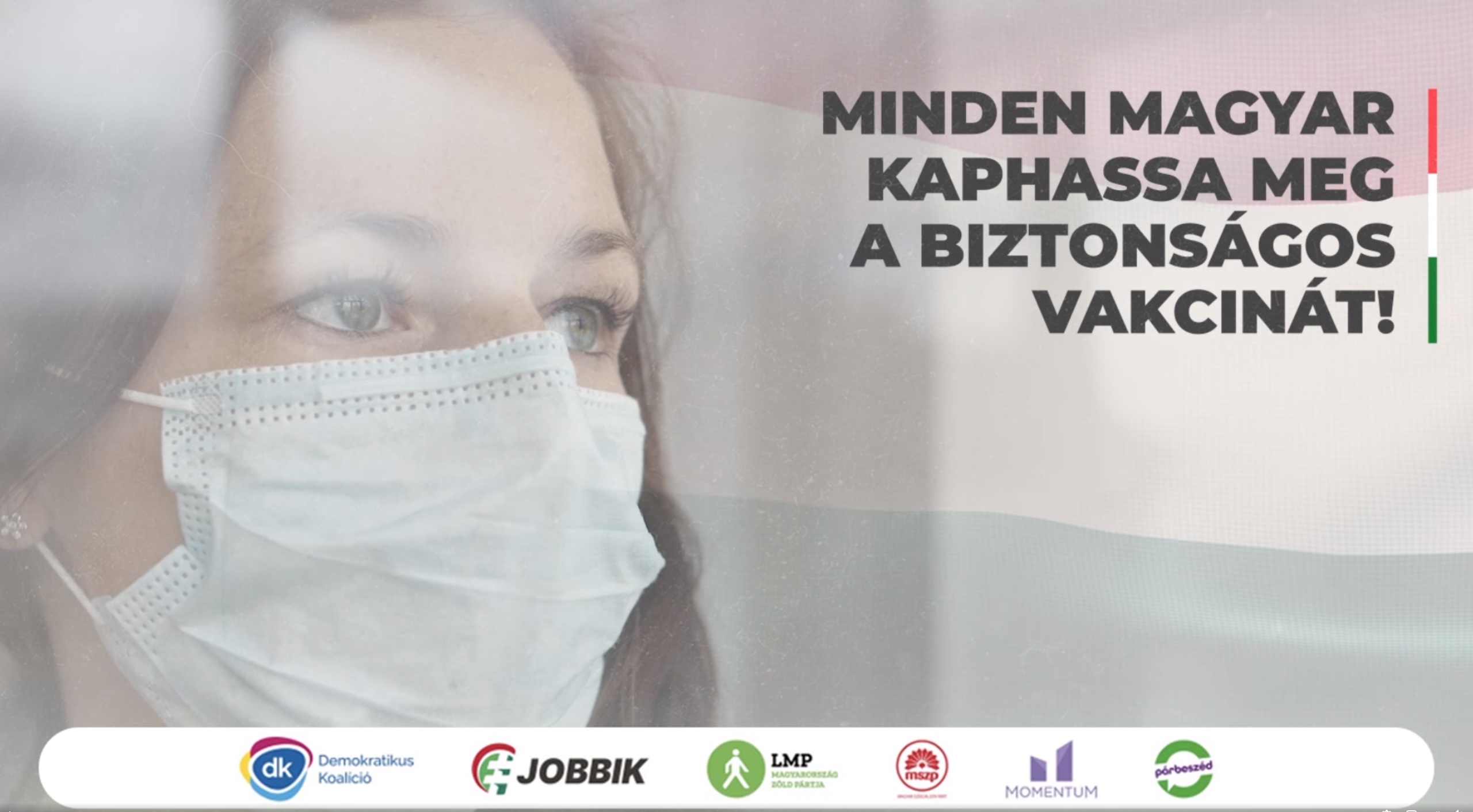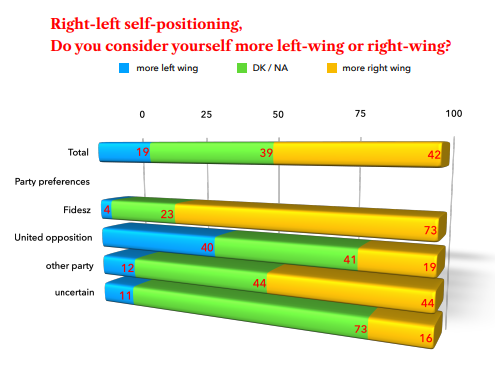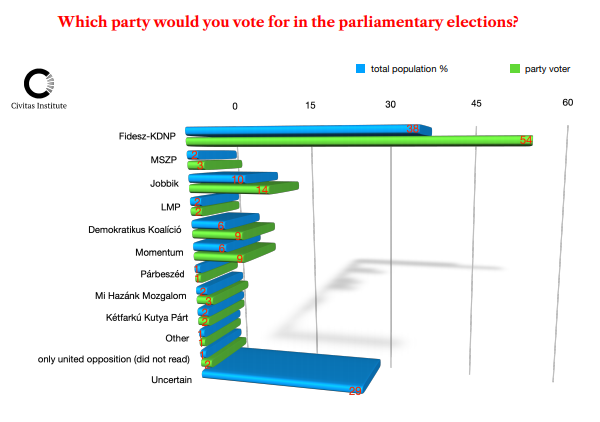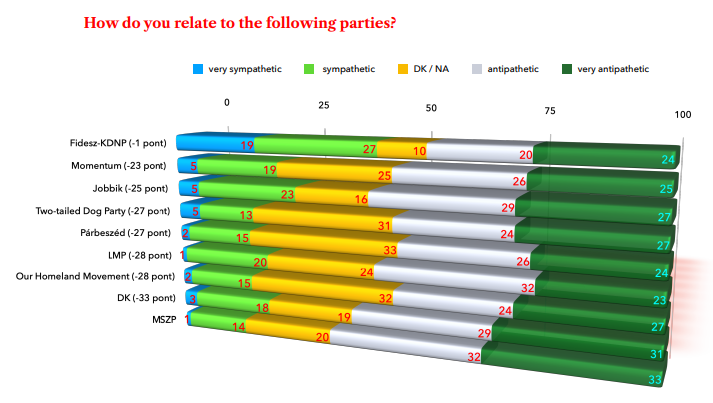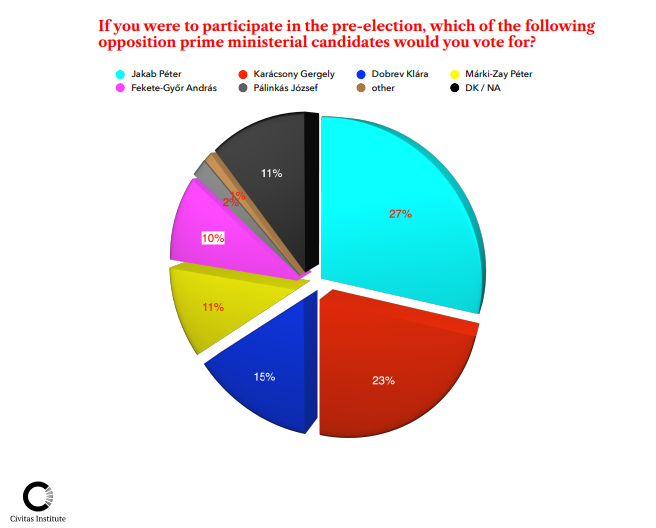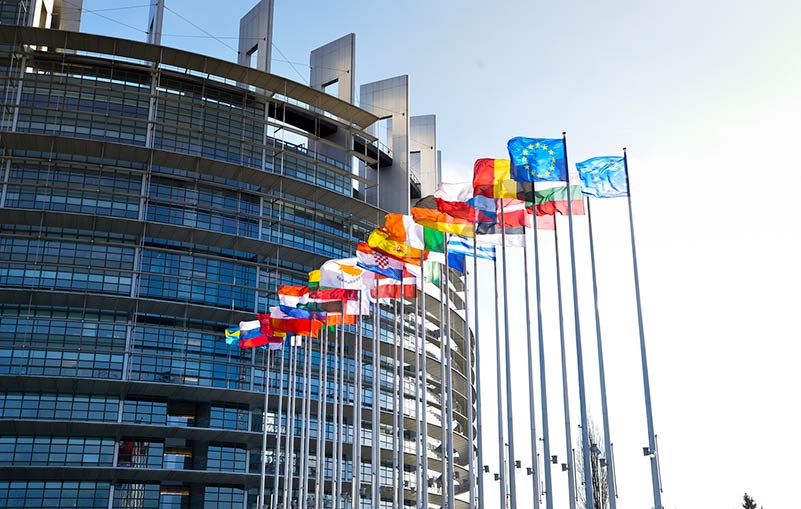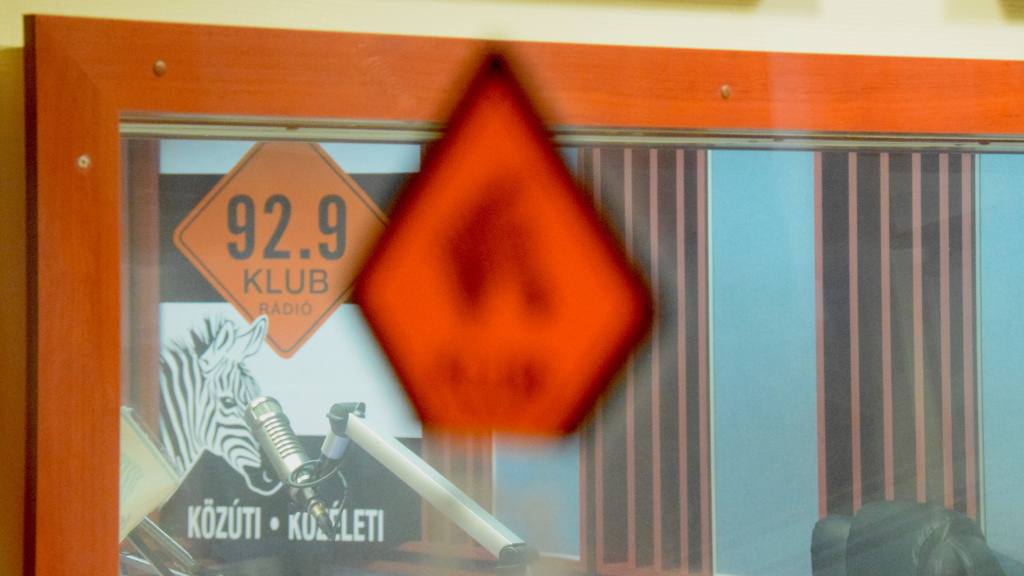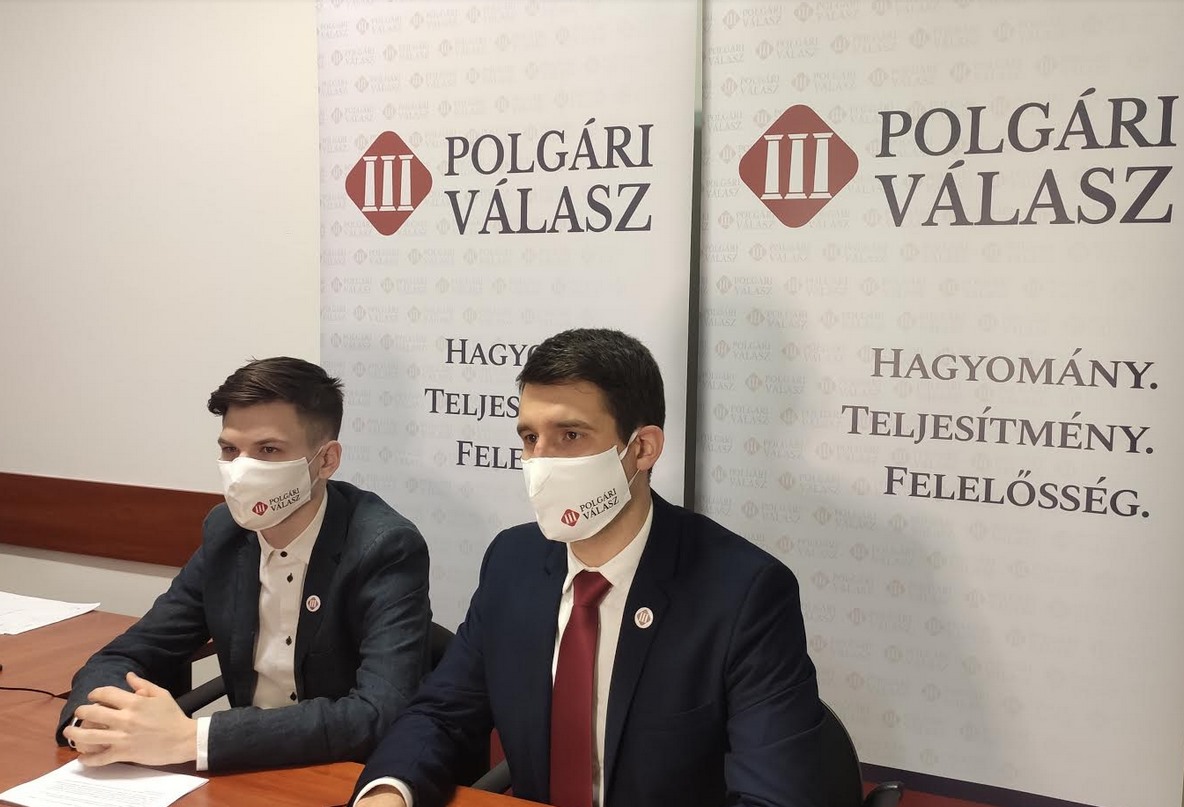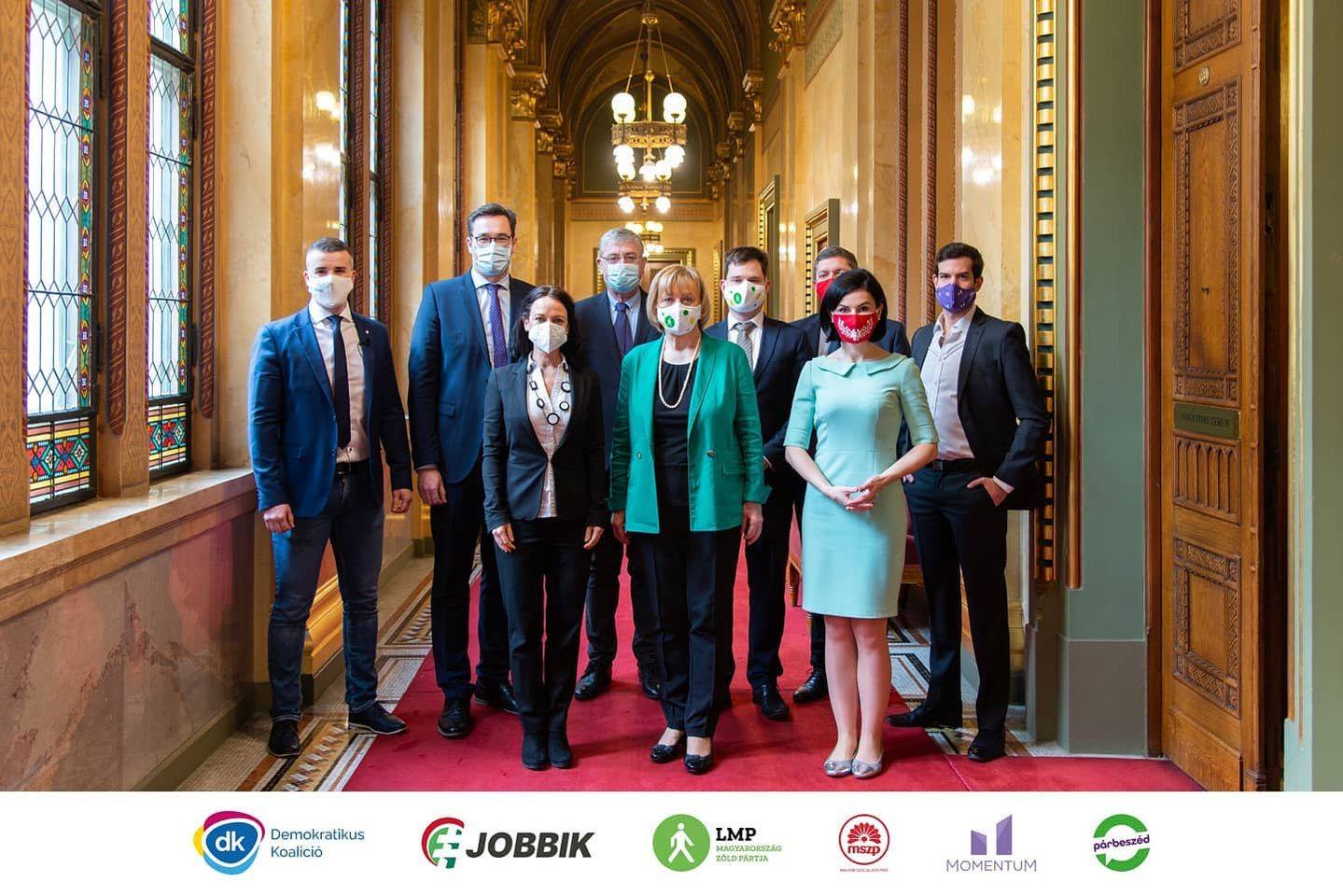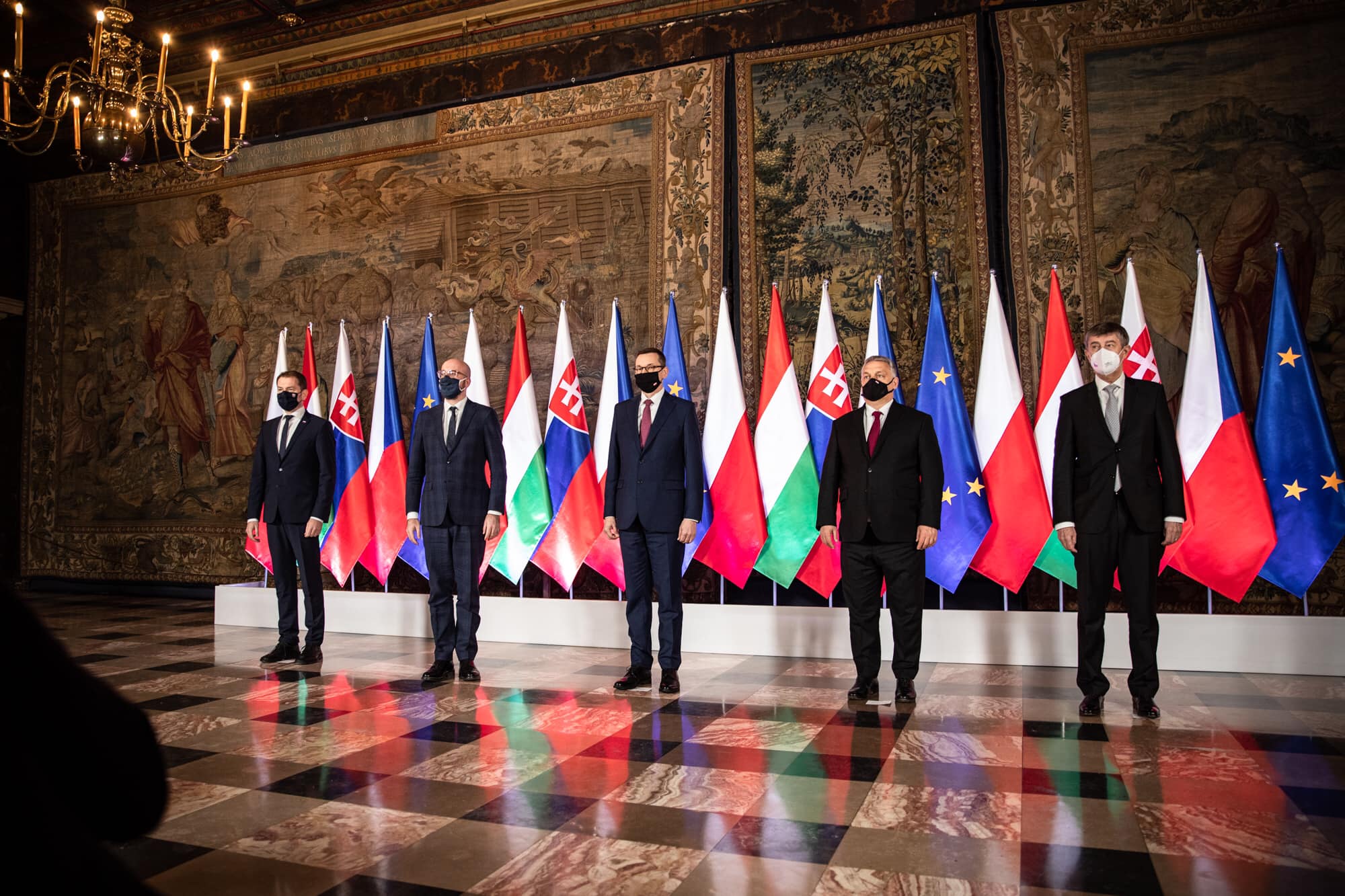Remarks from Jobbik MEP Márton Gyöngyösi:
One of the most interesting questions of the past weeks is how much the Viktor Orbán-led Hungarian governing party Fidesz’ expulsion from the European People’s Party will stir up the still waters of European party groups. Now that Orbán’s European ambitions have finally gone up in smoke as he is removed from the EPP, the Hungarian PM is trying to forge some sort of alliance with the far right forces that sympathize with him. He is unlikely to succeed for several reasons, as it was shown by the meeting held in Budapest last week.
In early April, Hungarian PM Viktor Orbán met his Polish colleague Mateusz Morawiecki and the head of Italy’s Lega, Matteo Salvini in Budapest.
Before the meeting, the media was making assumptions whether the discussion would result in the birth of a new, far-right party family in European politics. For the time being, it doesn’t seem so.
Ever since Fidesz was kicked out of the People’s Party, it’s been a subject of debate where Fidesz, a party that drifted from Christian Democracy to the far right with its smear campaigns and anti-Semitic phraseology, will find its new allies, or will it perhaps be left alone in Europe’s political arena for good?
In the first round, most bets were perhaps on Fidesz joining an already existing, characteristically right-wing party family.
However, as time goes on, this seems like a less than viable option for Orbán’s party. Although Fidesz maintains particularly good relations with Poland’s Law and Justice (PiS), which is a leading force in the European Conservatives and Reformists (ECR) group, Fidesz’ admittance would likely lead to the immediate explosion of the ECR.
It’s hard to imagine that the smaller Conservative-Liberal, pro-market parties, which joined the ECR back when it was dominated by the British Tories, would welcome the presence of Fidesz,
a party infamous for its corrupt dealings and authoritarian tendencies to expand its control over the state by putting its own people in every key position. Not to mention that most ECR member parties (including PiS) are typically critical of Moscow, which would hardly be compatible with Fidesz’ suspiciously amicable relations with the Russian leadership.
The other option for Fidesz is to join the openly far-right Identity and Democracy (ID) party family.
However, this group has more than just one big party: Orbán would join a company of such players as France’s National Rally (RN), Germany’s Alternative für Deutschland (AfD) and the Lega itself. Compared to them, Orbán could only play second fiddle, despite his government positions. This role would hardly suffice for Orbán’s self-image. Not to mention that getting in the same group with AfD and RN would be an open declaration of war against the current German and French leadership, which is a challenge Fidesz is not likely to take on, despite
Orbán’s willingness to cause a series of domestically motivated diplomatic scandals.
On the other hand, this is clearly the group where Fidesz’ political line and pro-Russia attitude would be a relatively seamless fit.
The other, widely-discussed opportunity would be to establish a new party family, leaving out the AfD and the French far right, which are inconvenient for everybody. However, the difficulty of such a feat is clearly shown by the recent Orbán-Morawiecki-Salvini meeting because the factor that hinders Fidesz’
joining the ECR or the ID also exists in terms of the Fidesz-PiS-Lega relations, albeit on a smaller scale.
Although Fidesz’ and PiS’ systems show many similarities which could be a good basis for excellent bilateral relations between the two leaderships, party families operate on a different logic in many aspects.
Looking beyond political communication, there are significant differences between the two parties. As far as foreign policy is concerned, PiS follows a clearly pro-Atlantic line, which obviously determines the place of anti-West criticism and disputes within Polish politics.
No matter how much Warsaw’s world view differs from that of Brussels, Orbán’s openly confrontational and destructive European policy would be completely inconceivable in Poland. In addition,
Warsaw may overlook Orbán’s uncritical pro-Russia line, but only as long as the parties are not bound together by a common group or alliance.
Furthermore, PiS is not a sole governing party in Poland, and its coalition partners may frown upon PiS creating a joint party family with Fidesz. In fact, they may even consider quitting the government coalition as well. The third big obstacle stems from the character of PiS itself: you may or may not agree with their ideology but you cannot deny that the Polish conservatives do exactly what they say. In contrast, the Fidesz elite has constantly been marred by scandals incompatible with patriotic and conservative values: for years, Orbán’s oligarchs have been in the news for their taxpayer-funded luxurious lifestyle, evasion of the law, sex scandals and other dealings. When it comes to making joint decisions on financial matters as members of a joint party family, Fidesz could hardly hide its true nature for long.
Orbán won’t have a much easier job with Italy’s Lega, either.
This party is not nearly as monolithic as Fidesz. Although Salvini himself expresses similar views as Orbán, not all Lega leaders and rank-and-file identify fully with this ideology.
Furthermore, the Lega is currently part of an Italian government coalition which is held together by nothing but its pro-Europe line; an agenda genuinely accepted by many Lega leaders.
No wonder there have been rumours about the Lega taking Fidesz’ place in the EPP.
So it should come as no surprise that the April meeting of Fidesz, PiS and the Lega concluded with no more than a few empty slogans about the supposed protection of Europe and Christianity, and Salvini stated right after the meeting that they would not establish a new European party group. Orbán seems to have achieved no more than a few pats on the back by two European politicians, both of whom will stay in their respective political groups while Orbán will also remain where he navigated himself in March: alone in the political no man’s land.





